High-Level Policy Session 2 : Bridging Digital Divides
WSIS
Session 147
About half the world's people access and use the Internet. The other half do not. Many of the unconnected live in least developed countries, landlocked developing countries and small island developing states. Globally, over 1 billion new internet users have been added over the last 4 years, however substantial digital divides persist between more and less connected countries, communities, and people.
Enabling all the world´s people to access and use the Internet—and removing digital divides—remains a challenge that needs to be addressed if the world community is to achieve the United Nations Sustainable Development Goals (SDGs) by 2030. [1]
[1] Digital inclusion of all: https://www.itu.int/en/mediacentre/backgrounders/Pages/digital-inclusion-of-all.aspx
We are also fully aware that the benefits of the information technology revolution are today unevenly distributed between the developed and developing countries and within societies. We are fully committed to turning this digital divide into a digital opportunity for all, particularly for those who risk being left behind and being further marginalized. https://www.itu.int/net/wsis/docs/geneva/official/dop.html
First Phase of the WSIS (10-12 December 2003, Geneva)
Geneva Declaration of Principles
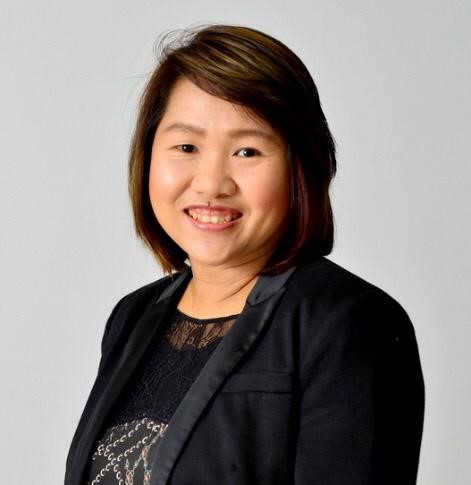
Supavadee Aramvith received the B.S. (first class honors) degree in Computer Science from Mahidol University in 1993. She received the M.S. and Ph.D. degrees in Electrical Engineering from the University of Washington, Seattle, USA, in 1996 and 2001, respectively. She joined Chulalongkorn University in June 2001. Currently, she is an Associate Professor at the Department of Electrical Engineering with specialization Video Technology. She has successfully advised 6 Ph.D., 27 Master’s, and 32 Bachelor’s Graduates. She published over 120 papers in International Conference Proceedings and Journals with 4 International Book Chapters.
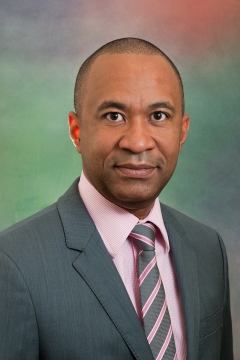

Since autumn 2015, Dr. Daniela Brönstrup has been Deputy Director-General for Telefommunications, media and postal sector, international digital policy in the German Federal Ministry for Economic Affairs and Energy (BMWi). Previously, she was head of unit for International and European Economic and Monetary Affairs as well as Financial Policy at BMWi. From 2007 to 2010, she was responsible for economics, finance, labour and social security at the Federal President's Office. Ms. Brönstrup holds a doctorate in economics and is a graduate of the Cologne School of Journalism.
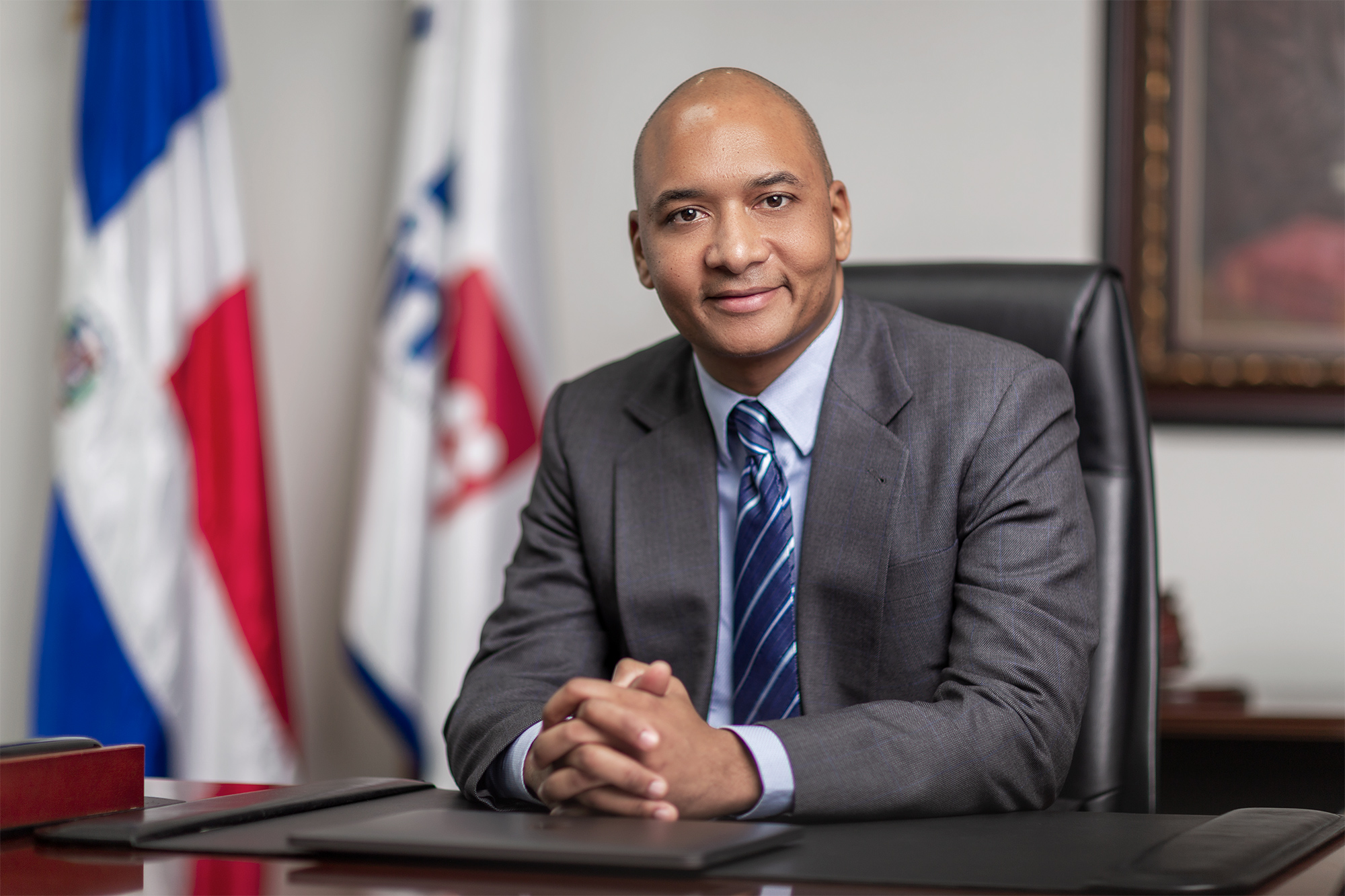
Nelson José Guillén Bello, actual Presidente del Consejo Directivo del Instituto Dominicano de las Telecomunicaciones (INDOTEL), designado en abril de 2019. Antes de su designación para presidir el Consejo Directivo, adquirió una vasta
experiencia en diferentes posiciones gerenciales de alto nivel en el INDOTEL, como
Miembro del Consejo Directivo durante los últimos 7 años. Nacido en la provincia de San Cristóbal, ubicada en la región Sur de la República Dominicana.
En abril de 2010, obtuvo la "Maestría en Ciencias en Sistemas de Información", Especialización en Administración de Telecomunicaciones, en el Instituto Internacional de Tecnología Stevens, y al mismo tiempo fue certificado como instructor profesional de redes de Cisco en el Instituto Tecnológico de las Américas (ITLA). Durante esos años, impartió una serie de cursos relacionados con la tecnología aplicada a la educación, formando parte del personal docente del Instituto Politécnico Loyola de Estudios Superiores, en San Cristóbal, además de realizar otros talleres técnicos para técnicos de
INDOTEL.
A principios de este 2020 se graduó de la “Maestría en Derecho Administrativo y de Regulación Económica” en la PUCMM.
Además de su experiencia administrativa en INDOTEL, ha demostrado un completo dominio de las habilidades técnicas, como son los protocolos y estándares de telecomunicaciones, así como las herramientas que operan actualmente en la industria.

Mr. Sher Afgan Khan is a graduate from University of Santa Clara, California, USA with BSc. He joined Civil Services of Pakistan in Pakistan Administrative Services Group in 1989. During his career, he worked in different capacities in the Punjab Government including Assistant Commissioner, Executive District Officer and District Coordination Officer and in the Secretariat as Deputy Secretary and Additional Secretary in the Departments of Housing, Environment and Irrigation. In the Federal Government he has worked as faculty/Instructor in Civil Services Academy (DMG Campus) and National School of Public Policy and has served as Additional Secretary in Interior, Petroleum and National Food Security and Research Division. He has also been on the Boards of Sui Northern Gas, Sui Southern, Pak Arab Refinery Limited and OGDC.
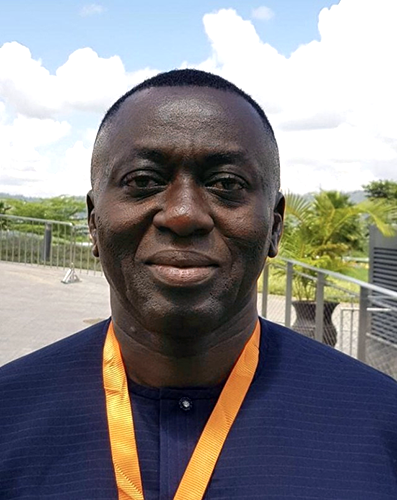
Abraham Kofi Asante is the Board chairman of the Accra Digital Center. He is also the National chairman of the UNESCO Information for All Program (IFAP) mandated to create equitable societies through better access to information. He is the immediate past Administrator and lecturer of the Graduate school of the Ghana Technology University College, Ghana’s leading Telecommunications University responsible for developing transformation leaders in the IT industry in the West African Sub region.
He pioneered the establishment of GIFEC as the Administrator/Chief Executive Officer from 2004 to 2009 to reach its full-fledged status. He worked closely with key telecommunication players to achieve the objective of providing universal access to unserved and underserved communities in Ghana. His key achievements include his involvement in the preparation and chaperoning of the Electronic Communications bill into law, setting up the framework to ensure efficiency and effective usage of GIFEC funds for the provision of Common Telecommunication facilities in rural communities nationwide.
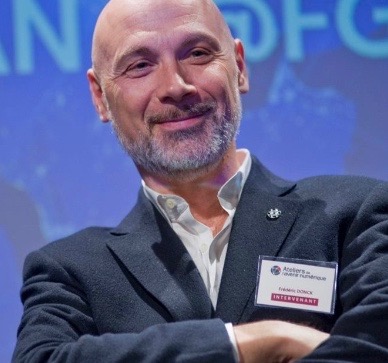
Frédéric Donck serves as the Regional Vice-President, Europe of the Internet Society. Frederic’s main responsibility is to work with policy- and decision-makers, civil society, the private sector, the technical community and influencers in Europe to ensure the Internet remains open, globally connected, and secure for the benefit of all people.
Frédéric Donck has in-depth experience as a negotiator and advocate in the telecommunications and Internet industry. Much of his work has been to bridge the interests of the public and private sector to negotiate policy solutions to the benefit of all parties. During ten years of international public policy work within the European Commission, in particular with Directorate-General for Information Society and the Directorate-General for Enterprise, Frédéric developed and advocated for numerous European policies and decisions in the convergent e-communications sector. In this position, he also contributed to the launching and management of European-wide projects in the advanced television broadcasting and information and communications technology sectors as well as projects intended to create international clusters of small and medium-size enterprises.
Frédéric holds a LLD (Law Degree), from the Catholic University of Louvain-La-Neuve (UCL) as well as a Masters in European law (LLM) from the State University of Ghent (Gand).

Aarti Holla-Maini has been Secretary General of the ESOA since 2004. She is a Member of the World Economic Forum’s Global Future Council on Space Technology, Global 5G Coalition Network and Essential Digital Infrastructure & Services Network.
Under Aarti’s leadership, ESOA & its member CEOs lead the effort to showcase the benefits of satellite communications for a more inclusive and secure society - vital to bridging the world’s digital divide, achieving the UN’s Sustainable Development Goals and realizing the 5G ecosystem.
Since joining the association, Aarti has lead the expansion of ESOA from a European association to one that represents the interests of 20 global and regional satellite operators. She reports directly to their Chief Executives.
Aarti has 22 years' experience in the aerospace industry, starting at Daimler-Benz Aerospace/EADS (now Airbus) in Germany. In 2000, she moved to Brussels, representing Airbus interests in the European satellite navigation program: Galileo.
Aarti holds a Masters of Business Administration from HEC, France & Stern Business School, NYC, USA. She qualified as Solicitor of the Supreme Court in the UK in 1995, holding a 2:1 graded LLB Hons Law with German Law degree from King's College, University of London & the University of Passau, Germany. Aarti is of British-Indian origin and holds British and Belgian nationalities. She lives in Brussels, has 3 children and speaks 5 languages.
-
 C1. The role of governments and all stakeholders in the promotion of ICTs for development
C1. The role of governments and all stakeholders in the promotion of ICTs for development
-
 C2. Information and communication infrastructure
C2. Information and communication infrastructure
-
 C3. Access to information and knowledge
C3. Access to information and knowledge
-
 C4. Capacity building
C4. Capacity building
-
 C5. Building confidence and security in use of ICTs
C5. Building confidence and security in use of ICTs
-
 C6. Enabling environment
C6. Enabling environment
-
 C7. ICT applications: benefits in all aspects of life — E-government
C7. ICT applications: benefits in all aspects of life — E-government
-
 C7. ICT applications: benefits in all aspects of life — E-business
C7. ICT applications: benefits in all aspects of life — E-business
-
 C7. ICT applications: benefits in all aspects of life — E-learning
C7. ICT applications: benefits in all aspects of life — E-learning
-
 C7. ICT applications: benefits in all aspects of life — E-health
C7. ICT applications: benefits in all aspects of life — E-health
-
 C7. ICT applications: benefits in all aspects of life — E-employment
C7. ICT applications: benefits in all aspects of life — E-employment
-
 C7. ICT applications: benefits in all aspects of life — E-environment
C7. ICT applications: benefits in all aspects of life — E-environment
-
 C7. ICT applications: benefits in all aspects of life — E-agriculture
C7. ICT applications: benefits in all aspects of life — E-agriculture
-
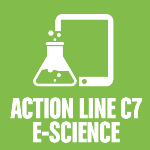 C7. ICT applications: benefits in all aspects of life — E-science
C7. ICT applications: benefits in all aspects of life — E-science
-
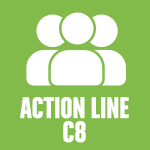 C8. Cultural diversity and identity, linguistic diversity and local content
C8. Cultural diversity and identity, linguistic diversity and local content
-
 C9. Media
C9. Media
-
 C10. Ethical dimensions of the Information Society
C10. Ethical dimensions of the Information Society
-
 C11. International and regional cooperation
C11. International and regional cooperation
-
 Goal 1: End poverty in all its forms everywhere
Goal 1: End poverty in all its forms everywhere
-
 Goal 2: End hunger, achieve food security and improved nutrition and promote sustainable agriculture
Goal 2: End hunger, achieve food security and improved nutrition and promote sustainable agriculture
-
 Goal 3: Ensure healthy lives and promote well-being for all
Goal 3: Ensure healthy lives and promote well-being for all
-
 Goal 4: Ensure inclusive and equitable quality education and promote lifelong learning opportunities for all
Goal 4: Ensure inclusive and equitable quality education and promote lifelong learning opportunities for all
-
 Goal 5: Achieve gender equality and empower all women and girls
Goal 5: Achieve gender equality and empower all women and girls
-
 Goal 6: Ensure access to water and sanitation for all
Goal 6: Ensure access to water and sanitation for all
-
 Goal 7: Ensure access to affordable, reliable, sustainable and modern energy for all
Goal 7: Ensure access to affordable, reliable, sustainable and modern energy for all
-
 Goal 8: Promote inclusive and sustainable economic growth, employment and decent work for all
Goal 8: Promote inclusive and sustainable economic growth, employment and decent work for all
-
 Goal 9: Build resilient infrastructure, promote sustainable industrialization and foster innovation
Goal 9: Build resilient infrastructure, promote sustainable industrialization and foster innovation
-
 Goal 10: Reduce inequality within and among countries
Goal 10: Reduce inequality within and among countries
-
 Goal 11: Make cities inclusive, safe, resilient and sustainable
Goal 11: Make cities inclusive, safe, resilient and sustainable
-
 Goal 12: Ensure sustainable consumption and production patterns
Goal 12: Ensure sustainable consumption and production patterns
-
 Goal 13: Take urgent action to combat climate change and its impacts
Goal 13: Take urgent action to combat climate change and its impacts
-
 Goal 14: Conserve and sustainably use the oceans, seas and marine resources
Goal 14: Conserve and sustainably use the oceans, seas and marine resources
-
 Goal 15: Sustainably manage forests, combat desertification, halt and reverse land degradation, halt biodiversity loss
Goal 15: Sustainably manage forests, combat desertification, halt and reverse land degradation, halt biodiversity loss
-
 Goal 16: Promote just, peaceful and inclusive societies
Goal 16: Promote just, peaceful and inclusive societies
-
 Goal 17: Revitalize the global partnership for sustainable development
Goal 17: Revitalize the global partnership for sustainable development
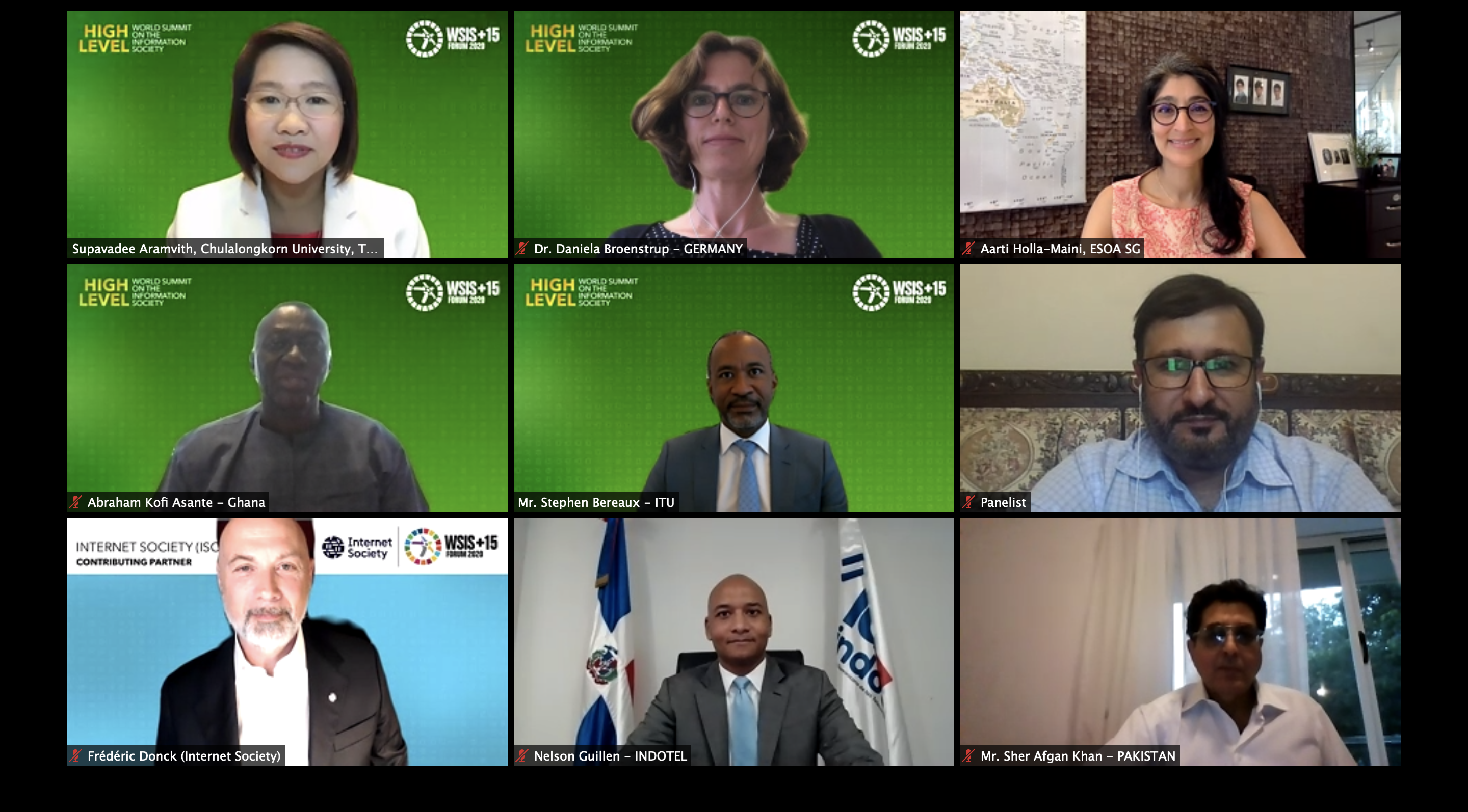
.png)
.png)
.png)
.png)
.png)
.png)
.png)
.png)

